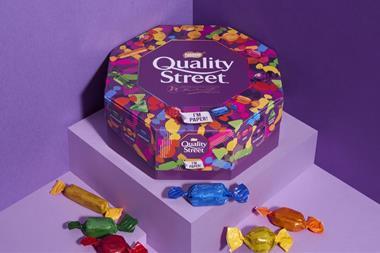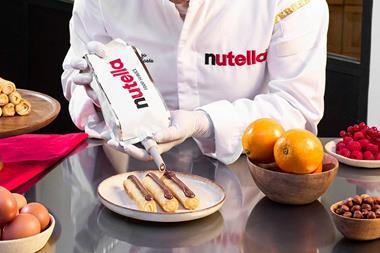
The rapidly deteriorating situation in the Middle East is adding further pressure onto already struggling international trade supply chains, according to a Guardian report this morning.
The prospects of an all-out war between Israel and Iran, coupled with a strike at US ports and issues at the Panama Canal due to a central American drought are all contributing to a “supply chain squeeze”.
Traffic has plummeted by two-thirds through the key shipping route of the Red Sea since attacks on vessels by Houthi rebels began last year. The route accounted for 12% of all global trade before the attacks began. Many companies, including major shipping firms such as Maersk, have all but abandoned the route – instead opting to travel around the Cape of Good Hope, which can add 10 days to journeys, and significant costs.
A fresh flare-up of tensions in the Middle East in recent days has raised fears a return to normality via the route is a “distant prospect” – adding significant cost and complexity to global trade. It comes as the oil price climbed for a second consecutive day to almost $76 a barrel on Wednesday, from $71 at the start of the week. Some analysts now believe it could break $80 within days.
Bloomberg reports some traders are “betting on $100-a-barrel oil” as Middle East risks escalate, which could ultimately drive a fresh bout of inflation globally.
Despite these headwinds, an opinion piece in the FT suggests interest rate cuts could help drive a European consumer recovery by supporting a rise in spending.
It comes as an interview with Bank of England governor Andrew Bailey in The Guardian suggests he could become “a bit more activist” on cutting interest rates – which are now at 5%. The outlet’s live business news feed also reports the pound is down 0.8 of a cent to $1.3185 this morning in the wake of Bailey’s comments – its lowest level since 19 September.
Elsewhere, The Telegraph reports that a “lack of clarity” around chancellor Rachel Reeves’ proposed tax rises is “scaring off shoppers”, according to Sainsbury’s boss Simon Roberts.
He says customers were holding off on buying big-ticket items amid uncertainty around the budget, which Reeves has said will involve “difficult decisions” on tax. Roberts adds households need more information on planned moves, adding they “inevitably are wanting to be clearer about what’s going to happen next”. Reeves is expected to make major announcements on the issue in the upcoming budget.
Tesco has this morning announced expected profits for the year will be higher than previously forecast, after a jump in half-year sales. The Financial Times reports the retailer is now forecasting about £2.9bn in annual retail adjusted profit after previously guiding it would reach £2.8bn. Group sales rose by 3.5% to £31.4bn in the six months to 24 August, while pre-tax profits rose by 20% to £1.4bn.
Group CEO Ken Murphy said Tesco was “in good shape”, with its performance driven by volume growth and a fall in inflation.
Sky News, meanwhile, reports that Tesco had also benefitted from a growth in demand for its Finest premium ranges – with sales up 15% year on year.
Murphy is quoted as saying the supermarket giant is “gearing up for a good Christmas”. He adds the retailer has also “lowered prices on thousands of lines, launched or improved over 860 products in partnership with our suppliers and growers, and our customer satisfaction scores continue to improve across a broad range of measures”.
Read The Grocer’s coverage on this story here.
Finally, the BBC reports dairy farms are “struggling” to recruit young people to join the industry, due to negative myths about farming. A recruitment drive has been launched at the annual Dairy Show, held at the Royal Bath and West Showground near Shepton Mallet in Somerset, to attract the next generation.
Read The Grocer’s coverage on this issue here.



















No comments yet